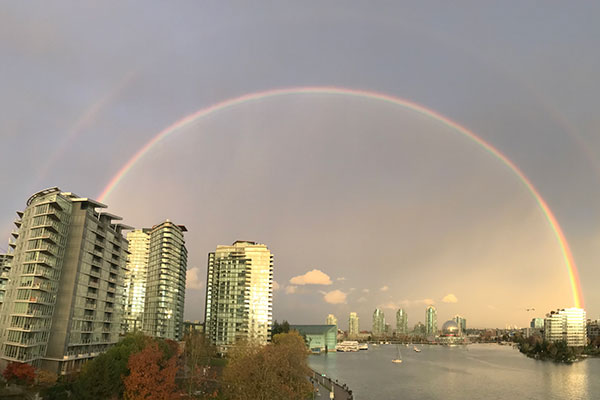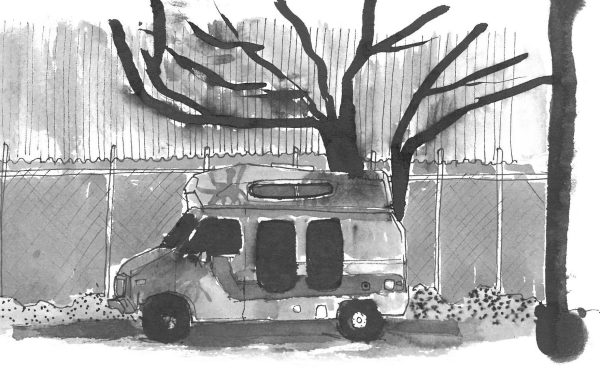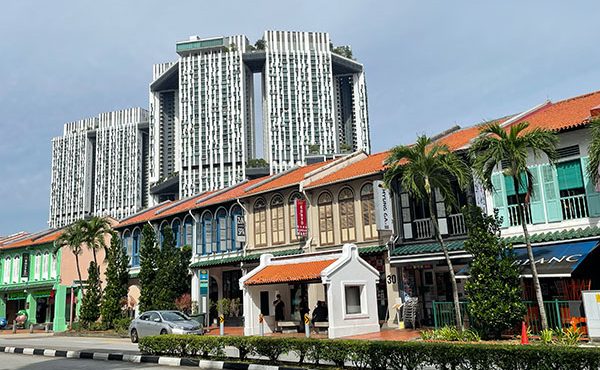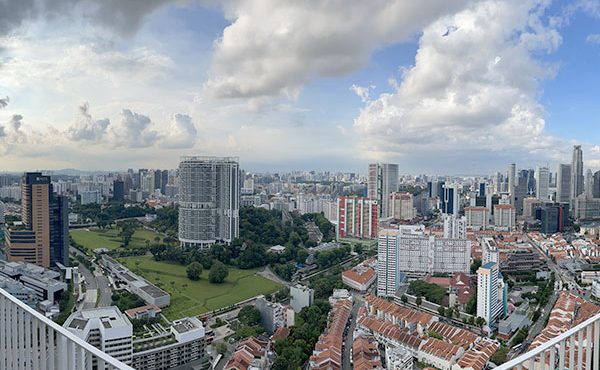
The City of Vancouver is in the midst of the next phase of engagement for the Vancouver Plan, a planning process that will ultimately create a vision for future land use for the entire City. Long-range plans like Vancouver Plan carry lifespans that extend beyond any election cycle, and the policies they contain give decision-makers the tools they need to realize that vision. Participation in the planning process is one of the most powerful avenues for providing direct input to climate and housing policy for residents.
The other planning process ongoing now is the 26th United Nations Climate Change Conference in Glasgow. An international climate conference whose stated goal is to accelerate action on the goals of the Paris Agreement. These events are symbolic and represent a hope for the future amongst climate change impacts that are becoming increasingly deadly and difficult to ignore.
However, these high-level international summits are also out of reach for many. Delegates discuss climate action at a national level, which is so abstracted from day-to-day experience that it can be hard to connect with. In contrast, local community plans actively seek public input on very real and tangible policy on topics like housing types, affordability, and transportation, as well as climate and the environment.
Local plans like the Vancouver Plan are mandated to include climate policy. Further, the future vision for land development is likely the single greatest climate impact a city can make. 57 % of Vancouver’s landmass is dedicated to single-family housing, which mandates low-density inefficient land use patterns.
Low-density land uses exacerbate systemic problems like transportation, overconsumption and social inequity which contribute to climate change. The Vancouver Plan is an opportunity for residents concerned about climate issues to provide input and speak in support of ideas that will help produce meaningful change.
Vancouver currently does not have a city-wide plan like most municipalities in the province. Elsewhere Official Community Plans or OCPs are bylaws that communicate the community’s vision for the future in 10, 15, or 20-year increments, with updates planned for every 5-10 years. Decision-makers use these plans to guide decisions about land use, infrastructure, the environment, and social programs.
The Vancouver Charter is a unique provincial statute that specifies the types and content allowed in local bylaws and is one of the main reasons the City hasn’t had a plan until now. The charter is its own rabbit hole, which is best left for another time. Bit, the Vancouver Plan will provide the unified long-range land use vision that the City is currently missing.
There are many ways to get involved and to share your vision for the future of Vancouver. The more people who participate, the better. Community plans are how residents can drive meaningful change towards our climate goals from the ground up.
***
You can find more on how to participate in Vancouver Plan here: https://vancouverplan.ca/
**
Andrew Cuthbert is a community planner who works on land use plans, zoning bylaws, and active transportation plans all over British Columbia. He loves helping communities solve problems. When not working, Andrew can most likely be found on his bike taking in the sights and fresh air.





One comment
I believe there’s a mistake in the article, it says: “Low-density land uses exacerbate systemic problems like transportation, overconsumption and social inequity which contribute to climate change.”
It should read, “High-density land uses exacerbate systemic problems …”
More people living together means more people needing transportation, more food, more fuel, and more water consumed. And this is what contributes to climate change.